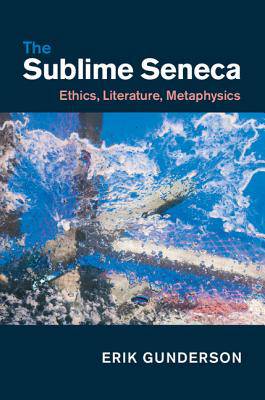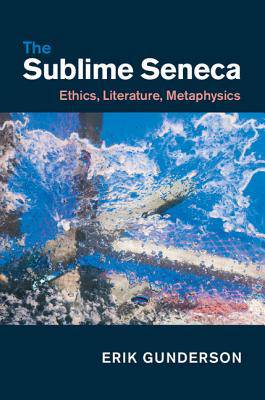
- Afhalen na 1 uur in een winkel met voorraad
- Gratis thuislevering in België vanaf € 30
- Ruim aanbod met 7 miljoen producten
- Afhalen na 1 uur in een winkel met voorraad
- Gratis thuislevering in België vanaf € 30
- Ruim aanbod met 7 miljoen producten
Zoeken
€ 101,95
+ 203 punten
Omschrijving
This is an extended meditation on ethics in literature across the Senecan corpus. There are two chapters on the Moral Letters, asking how one is to read philosophy or how one can write about being. Moving from the Letters to the Natural Questions and Dialogues, Professor Gunderson explores how authorship works at the level both of the work and of the world, the ethics of seeing, and the question of how one can give up on the here and now and behold instead some other, better ethical sphere. Seneca's tragedies offer words of caution: desire might well subvert reason at its most profound level (Phaedra), or humanity's painful separation from the sublime might be part of some cruel divine plan (The Madness of Hercules). The book concludes by considering what, if anything, we are to make of Seneca's efforts to enlighten us.
Specificaties
Betrokkenen
- Auteur(s):
- Uitgeverij:
Inhoud
- Aantal bladzijden:
- 238
- Taal:
- Engels
Eigenschappen
- Productcode (EAN):
- 9781107090019
- Verschijningsdatum:
- 26/01/2015
- Uitvoering:
- Hardcover
- Formaat:
- Genaaid
- Afmetingen:
- 155 mm x 231 mm
- Gewicht:
- 476 g

Alleen bij Standaard Boekhandel
+ 203 punten op je klantenkaart van Standaard Boekhandel
Beoordelingen
We publiceren alleen reviews die voldoen aan de voorwaarden voor reviews. Bekijk onze voorwaarden voor reviews.







